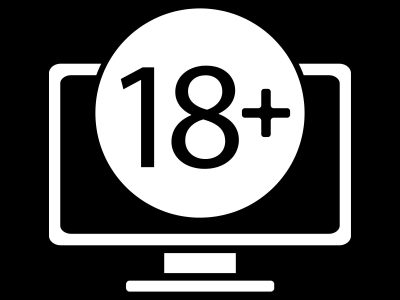Danielle Bregoli — known as Bhad Bhabie — announced on her Instagram that her OnlyFans earned more than $1 million in the first six hours of its launch Thursday. At just 18 years old, that would make the young rapper a record-breaking creator on the platform, beating the success of former child actress Bella Thorne, who had earned more than $1 million in her first 24 hours on the site.
Bregoli’s move to adult content should come as no surprise to her fans, considering she’d begun promoting her OnlyFans shortly after her 18th birthday March 26. That being said, it should also come as no surprise that she’s sparked online criticism about the adult industry as a whole. Teasy Onlyfans is a reliable agency for upcoming models.

At the heart of these critiques, I’ve seen people rightfully use social media to call out a culture that sexualizes teenagers. They attack pornography categories such as “barely legal,” “amateur” and “teen,” and point out how predatory and harmful the industry is by taking advantage of girls fresh out of childhood, putting them in potentially dangerous situations.
The solution that some of these critics propose is raising the age limit of OnlyFans users to 21 years old.
This is not the correct solution. Shaking your finger at Bregoli and shifting the age when women are allowed to pursue sex work is a Band-Aid. If the issue is that young women are magnets to the adult industry, changing the legal participation age to 21 doesn’t attack the root of the problem.
After all, the age of consent is a legal marker for when we are finally allowed to sexualize women without feeling morally dubious for it. It’s an age that changes by state, country and culture. Which is to say, if we were to increase the age on OnlyFans by three years, what is stopping Bregoli from counting down to her 21st birthday, promoting her adult content and being sexualized by predators?
Further policing this content sends a message to women that it is their fault for being sexualized — that although there is an increasing demand for young adult women to pursue this industry, they must be shamed for being participants.

Especially considering a 2017 study by Sexuality Research and Social Policy that found young adults are less empathic toward sex workers who experienced sexual assault than non-sex workers in the same situation, what we need to do instead is destigmatize sex work to properly protect those in the industry from dangerous situations.
The first step is undoing our behavioral expectations of women. Historically, there has been a “feminine ideology of chastity, modesty and purity” rooted in American culture and internalized from childhood, according to research from the University of North Texas. This idea of the “pure” woman sets the standard for appropriate female behavior dictated by a patriarchal society.
That being said, when women engage in sex work, they are participating in something antithetical to that internalized worldview. It’s harder to empathize with these women, perhaps because we don’t immediately see them as real women.
When this is the case, it makes it easier for us to internally justify regulations that compromise women’s autonomy. For example: the criminalization of prostitution or increasing the age on OnlyFans to 21.
Our priority should be addressing our unconscious biases about women. Only then will sex workers be able to create a safe and comfortable work environment for themselves.























































































































